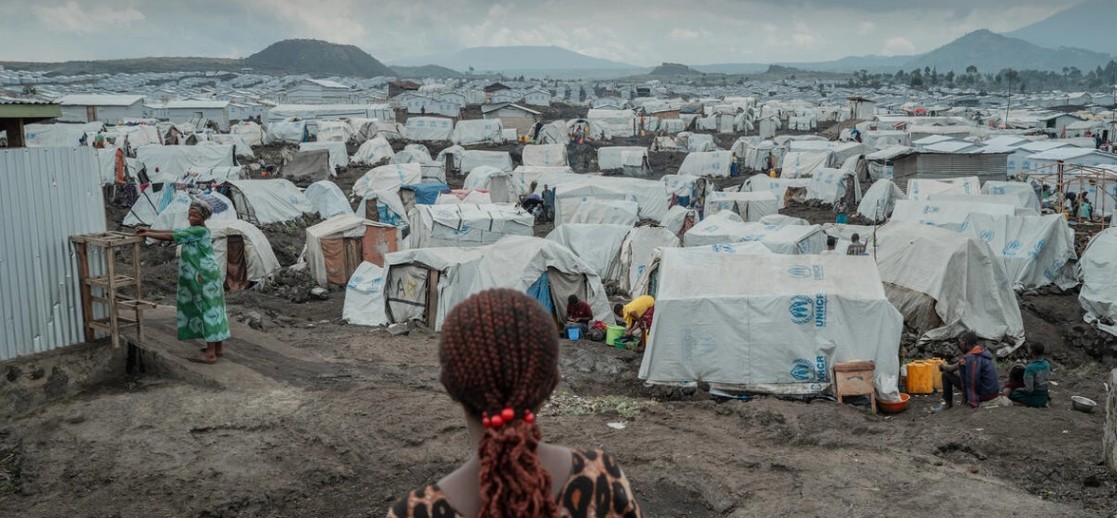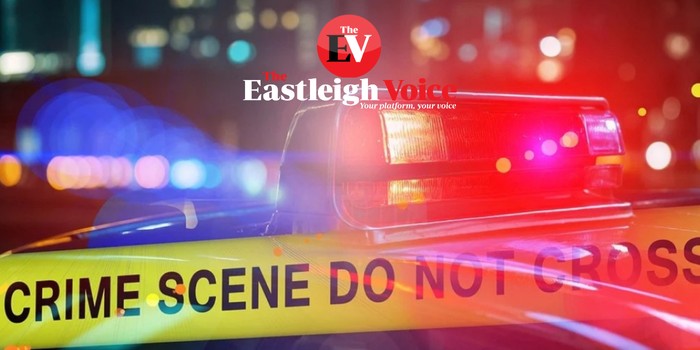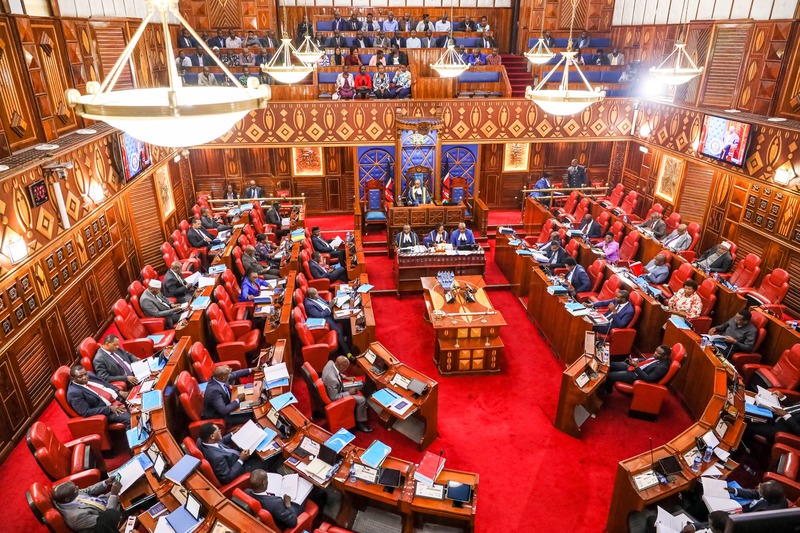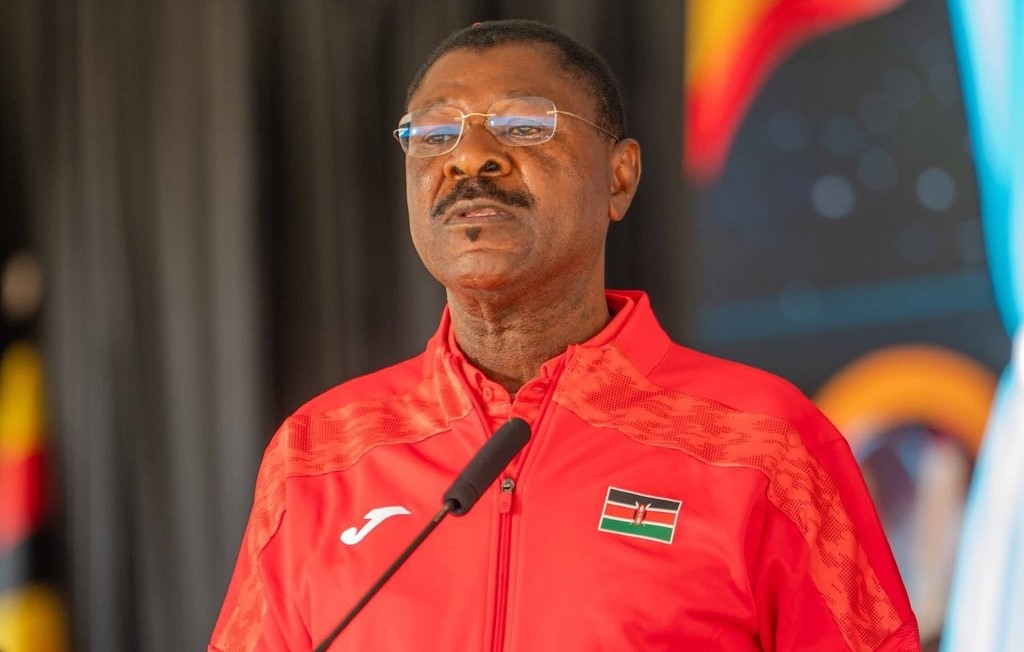Rwandan refugees return home as M23 offensive escalates in eastern Congo, says UNHCR

The three-year M23 insurgency in the eastern DRC intensified in January with the M23 rebels, largely made up of Tutsi fighters, seizing control of more territory than ever before, prompting the UN to warn of the risk of a broader regional war.
Many Rwandan refugees who fled to eastern Democratic Republic of Congo (DRC) during the 1994 genocide against the Tutsi have started returning home amid advances by M23 rebels, the United Nations High Commissioner for Refugees (UNHCR) has revealed.
The UN body says that most of the returning refugees were women and children.
More To Read
- UN hails DR Congo-Rwanda peace deal amid ongoing hostilities in the east
- Scepticism grows over DR Congo-Rwanda peace deal
- African leaders hail historic peace agreement between Rwanda and DRC
- DR Congo, Rwanda vow to uphold Trump-backed peace deal
- OPINION: Before pointing at Rwanda, Belgium must finally confront its own African history
- How AI and robotics are improving underground mine safety in Rwanda
Local reports indicate that 360 of them crossed into Rwanda in buses provided by President Paul Kagame's government.
They were escorted by the UN Refugee Agency and the aid group Save the Children, with the UNHCR saying the goal is to help 2,000 of them to return home.
The refugees, who were part of the many Hutus who fled Rwanda after the genocide, which killed up to a million Tutsis and hundreds of moderate Hutus, were later taken to a temporary shelter where they will get necessary assistance to help them settle back into the community.
The repatriation is part of a long-standing agreement between Rwanda, DR Congo and UNHCR that has been in place for over 10 years.
Rwandan officials say that more than 101,000 refugees have already returned home, including 1,500 since the start of 2025.
"We are happy to welcome our compatriots. They are a valuable workforce for the country's development," said Prosper Mulindwa, the Rwandan Mayor of Rubavu, during a brief ceremony at the border to receive the returnees.
The three-year M23 insurgency in the eastern DRC intensified in January with the M23 rebels, largely made up of Tutsi fighters, seizing control of more territory than ever before, prompting the UN to warn of the risk of a broader regional war.
The conflict in eastern Congo is deeply linked to the legacy of the 1994 genocide and regional ethnic tensions. Rwanda has accused the DRC of harbouring Hutu militias responsible for attacks inside Rwanda, while Congo has accused Rwanda of backing rebel groups like M23.
According to the UN, the M23 insurgency has resulted in approximately 7,000 deaths since January 2025. The violence has also displaced over 450,000 people, with many seeking refuge in neighbouring countries.
Human rights organisations have reported numerous atrocities, including executions, sexual violence and forced labour.
Efforts to bring lasting peace to the region have so far been unsuccessful, with multiple ceasefires broken and peace talks stalled. International actors, including the African Union and the United Nations, continue to call for dialogue and a political solution that addresses the root causes of the DRC-Rwanda conflict.
Top Stories Today















































